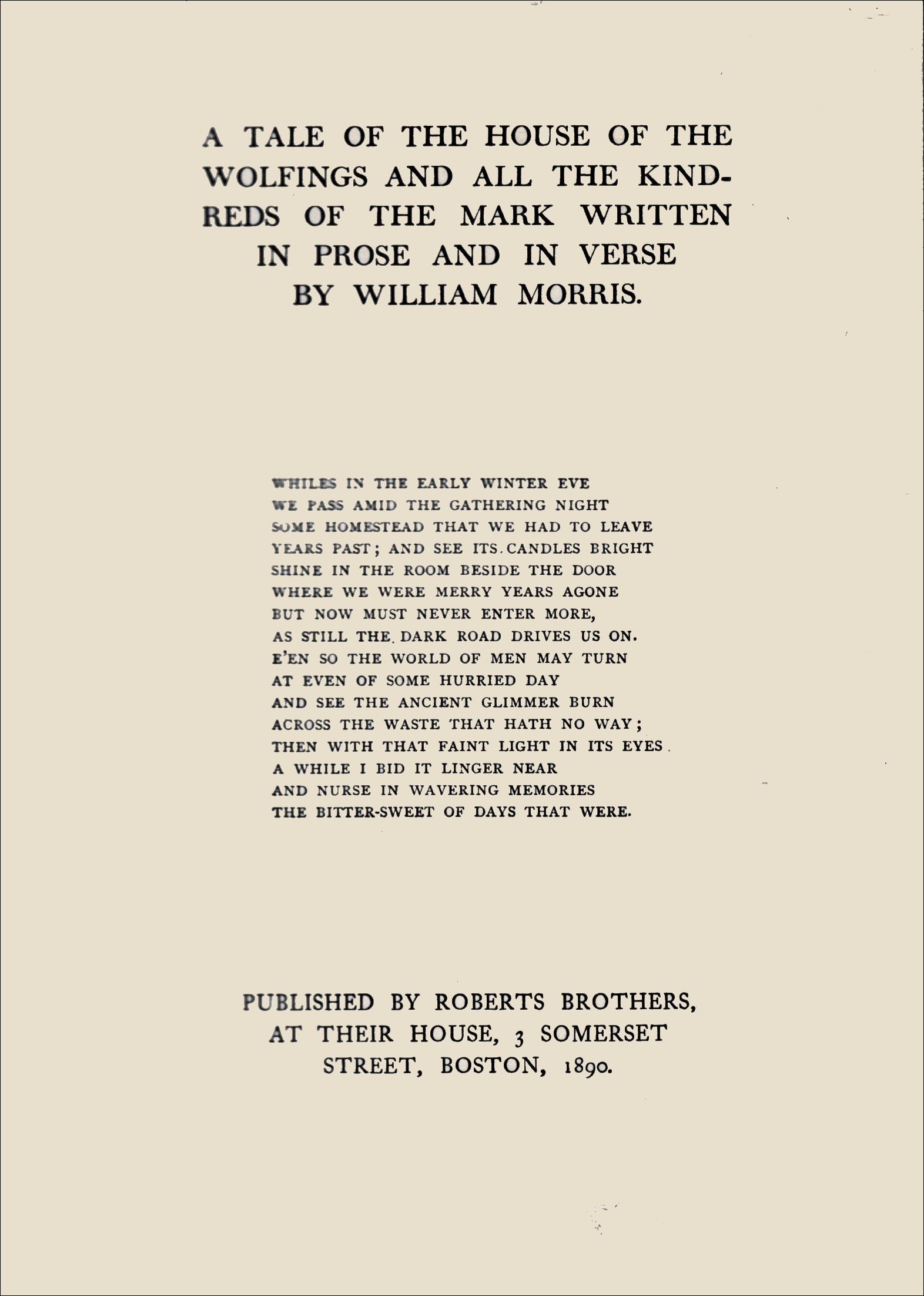|
Epigraph (other)
Epigraph may refer to: * An inscription, as studied in the archeological sub-discipline of epigraphy * Epigraph (literature), a phrase, quotation, or poem that is set at the beginning of a document or component * Epigraph (mathematics) In mathematics, the epigraph or supergraph of a function f : X \to \infty, \infty/math> valued in the extended real numbers \infty, \infty= \R \cup \ is the set, denoted by \operatorname f, of all points in the Cartesian product X \times \R lyi ..., the set of points lying on or above the graph of a function * ''Epigraphs'' (album), an album by Ketil Bjørnstad and David Darling See also * Epigram (other) {{disambiguation ... [...More Info...] [...Related Items...] OR: [Wikipedia] [Google] [Baidu] |
Epigraphy
Epigraphy () is the study of inscriptions, or epigraphs, as writing; it is the science of identifying graphemes, clarifying their meanings, classifying their uses according to dates and cultural contexts, and drawing conclusions about the writing and the writers. Specifically excluded from epigraphy are the historical significance of an epigraph as a document and the artistic value of a literature, literary composition. A person using the methods of epigraphy is called an ''epigrapher'' or ''epigraphist''. For example, the Behistun inscription is an official document of the Achaemenid Empire engraved on native rock at a location in Iran. Epigraphists are responsible for reconstructing, translating, and dating the trilingual inscription and finding any relevant circumstances. It is the work of historians, however, to determine and interpret the events recorded by the inscription as document. Often, epigraphy and history are competences practised by the same person. Epigraphy ... [...More Info...] [...Related Items...] OR: [Wikipedia] [Google] [Baidu] |
Epigraph (literature)
In literature, an epigraph is a phrase, quotation, or poem that is set at the beginning of a document, monograph or section thereof. The epigraph may serve as a preface to the work; as a summary; as a counter-example; or as a link from the work to a wider literary canon, with the purpose of either inviting comparison or enlisting a conventional context. A book may have an overall epigraphy that is part of the front matter, or one for each chapter. Examples * As the epigraph to '' The Sum of All Fears'', Tom Clancy quotes Winston Churchill in the context of thermonuclear war:Why, you may take the most gallant sailor, the most intrepid airman or the most audacious soldier, put them at a table together – what do you get? The sum of their fears. * The long quotation from Dante's ''Inferno'' that prefaces T. S. Eliot's "The Love Song of J. Alfred Prufrock" is part of a speech by one of the damned in Dante's Hell. * The epigraph to E. L. Doctorow's ''Ragtime'' quotes Scott Joplin' ... [...More Info...] [...Related Items...] OR: [Wikipedia] [Google] [Baidu] |
Epigraph (mathematics)
In mathematics, the epigraph or supergraph of a function f : X \to \infty, \infty/math> valued in the extended real numbers \infty, \infty= \R \cup \ is the set, denoted by \operatorname f, of all points in the Cartesian product X \times \R lying on or above its graph. The strict epigraph \operatorname_S f is the set of points in X \times \R lying strictly above its graph. Importantly, although both the graph and epigraph of f consists of points in X \times \infty, \infty the epigraph consists of points in the subset X \times \R, which is not necessarily true of the graph of f. If the function takes \pm \infty as a value then \operatorname f will be a subset of its epigraph \operatorname f. For example, if f\left(x_0\right) = \infty then the point \left(x_0, f\left(x_0\right)\right) = \left(x_0, \infty\right) will belong to \operatorname f but not to \operatorname f. These two sets are nevertheless closely related because the graph can always be reconstructed from the epi ... [...More Info...] [...Related Items...] OR: [Wikipedia] [Google] [Baidu] |
Epigraphs (album)
''Epigraphs'' is an album by Norwegian pianist Ketil Bjørnstad with American cellist David Darling recorded in 1998 and released on the ECM label in 2000. Tracks from this album were used as part of the soundtrack of Jean-Luc Godard's film '' In Praise of Love''. Reception The All About Jazz review by Glenn Astarita awarded the album 3.5 stars, and the Allmusic review by Rick Anderson awarded the album 4 stars, stating: Track listing :All compositions by Ketil Bjørnstad, except as indicated. #"Epigraph No. 1" – 3:04 #"Upland" – 4:04 #"Wakening" – 4:10 #"Epigraph No. 1, Var. 1" – 1:39 #"Pavane" – 3:39 (William Byrd) #"Fantasia" – 1:59 (Orlando Gibbons) #"Epigraph No. 1, Var. 2" – 2:20 #"The Guest" – 2:41 #"After Celan" – 3:46 #"Song for TKJD" – 6:24 (David Darling) #"Silent Dream" – 4:41 (David Darling) #"The Lake" – 4:11 #"Gothic" – 4:07 #"Epigraph No. 1, Var. 3" – 1:28 #"Le Jour S'Endort" – 3:44 (Guillaume Dufay) #"Factus Est Repente" – ... [...More Info...] [...Related Items...] OR: [Wikipedia] [Google] [Baidu] |

